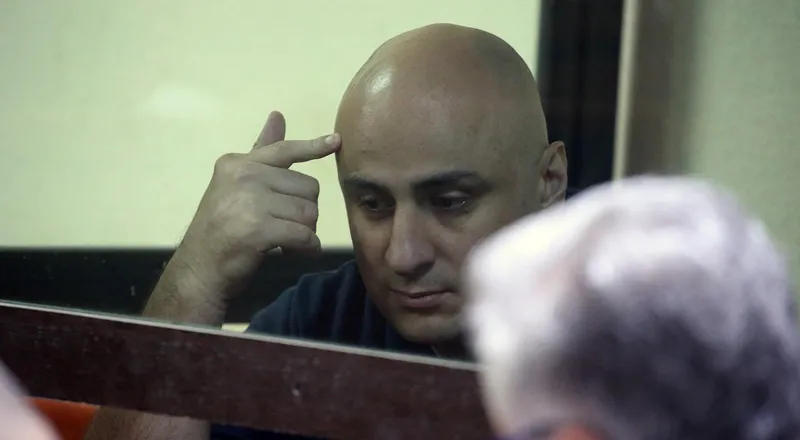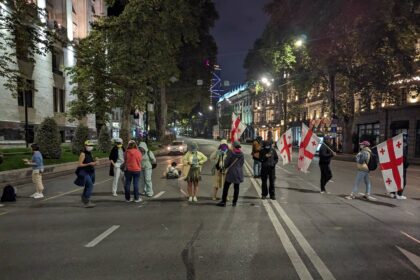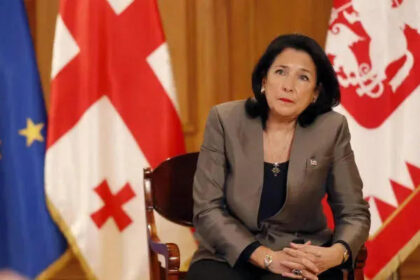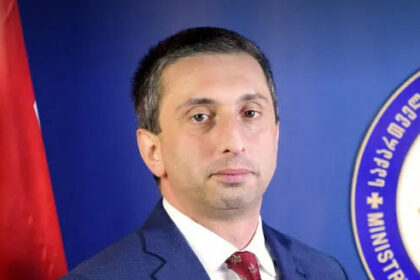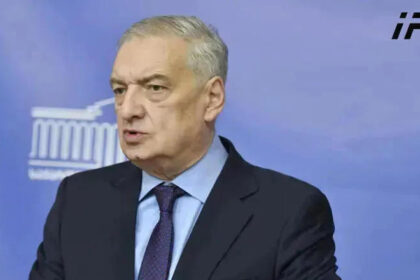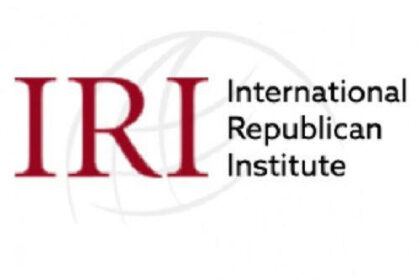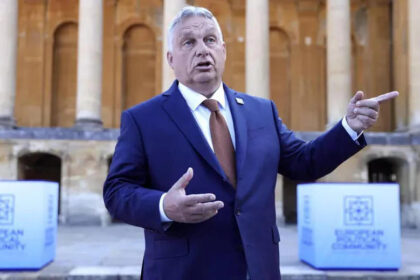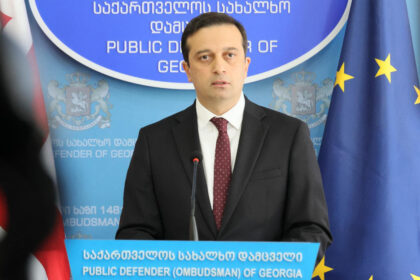**Tensions Rise in Tbilisi Court as Nika Melia Refuses to Plead Guilty**
In a dramatic scene at the Tbilisi City Court, defendant Nika Melia clashed with Judge Irakli Shvangiradze and prosecutors over his refusal to plead guilty. The confrontation was part of a trial where Melia is charged with failing to appear before a temporary parliamentary investigative commission.
When asked by the judge if he pleaded guilty, Melia responded with defiance, saying “What kind of silly questions are these?! No, of course I do not plead guilty.” He added that while he might still reveal some information, it would be difficult for him to hold back. Melia’s statement was met with frustration from the prosecution and led to a heated exchange.
**A History of Controversy Surrounding Nika Melia**
Nika Melia is no stranger to controversy. In fact, his arrest on May 29 was part of an entirely separate administrative case involving verbal insults against law enforcement officers. This incident has sparked debate about police conduct and the treatment of opposition figures in Georgia.
The current trial stems from Melia’s failure to attend a session of the temporary parliamentary investigative commission, which led to charges under Article 349 of the Criminal Code. This carries penalties ranging from fines to imprisonment or bans on holding public office for up to three years.
**A Battle Over Bail and Imprisonment**
At the heart of the dispute is a bail payment deadline of May 29 that Melia failed to meet. The prosecution now seeks to replace this bail with imprisonment, arguing it was unjustified. However, defense attorneys claim this move is unfounded and argue for continued bail.
The court’s decision on this matter will have significant implications for Nika Melia and the broader political landscape in Georgia. As tensions rise between the defendant, prosecutors, and the judge, one thing is clear: this trial has the potential to ignite further debate about justice, politics, and human rights in the country.
**Commentary**
This trial highlights a deeper struggle within Georgian society – the tension between maintaining public order and upholding individual freedoms. The prosecution’s push for Melia’s imprisonment reflects an effort to enforce compliance with official requests, while his defense attorneys argue that this approach undermines civil liberties.
Ultimately, the outcome of this case will depend on how the court balances these competing interests. Will it side with the prosecution, imposing stricter penalties in the name of order and discipline? Or will it prioritize Melia’s rights as an individual, upholding the principles of justice and due process?
As this drama unfolds in the Tbilisi City Court, Georgians are watching closely to see how their country’s institutions navigate these complex issues. The verdict may have far-reaching implications for the nation’s politics and its people.
Read More @ www.interpressnews.ge




